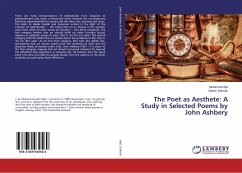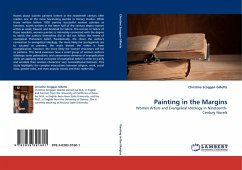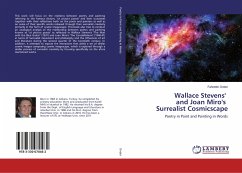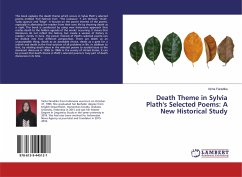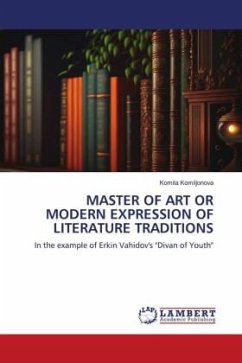There are many interpretations of Aestheticism from classicism to postmodernism and many controversial views towards the contemporary American experimentalism in poetry and the sister arts: painting and music. This leads to divide English and American writers in the light of the criterion of Aestheticism - the belief that art or beauty is the superior value from which all other values are derived - into three categories. The first category believe that art should fulfill no other function (social, religious or political), except its own, that is, "art for art's sake.'' The second category hold the belief that art should depict the problems of life, that is, "art for life's sake.'' As for the third category, they take the middle line, maintaining that art should satisfy both the demands of itself and the disparate needs of society under crisis. John Ashbery (1927 -) is closer to the first category, arguing that art should transcend mankind far beyond the afflictions they experience in everyday life. He believes that the good artist is he who can make his people escape from the ugliness of the outer world by not portraying these afflictions.
